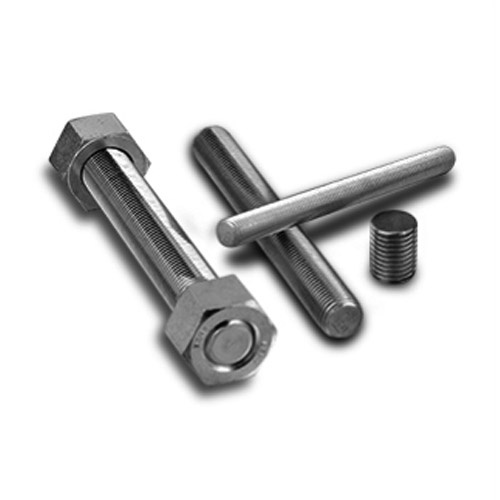

spring washer plain washer
نوفمبر . 16, 2024 12:43 Back to list
spring washer plain washer
Understanding Spring Washers and Plain Washers
In the world of mechanical engineering, the significance of fasteners cannot be overstated. Fasteners are critical components that hold together machinery and structures, ensuring stability and integrity under various operating conditions. Among these fasteners, spring washers and plain washers play vital roles, each offering unique characteristics that cater to different engineering needs.
What are Washers?
Washers are thin, flat disks made from various materials, including metal, plastic, or rubber, and are used in conjunction with bolts, nuts, and screws. They serve multiple purposes distributing load, reducing friction, preventing leaks, and acting as spacers.
1. Spring Washers Spring washers, often made of spring steel or other resilient materials, are designed to provide a constant tension. They are typically used in situations where vibration or dynamic loads can lead to the loosening of bolts and nuts. The most common type of spring washer is the split washer or tooth washer, which has a helical shape. As the bolt is tightened, the washer compresses, exerting pressure against the nut, thereby maintaining tension and preventing it from loosening over time.
Spring washers exhibit several advantages - Vibration Resistance Their design allows them to maintain tension even in high-vibration environments, making them valuable in applications such as automotive and aerospace engineering. - Load Distribution By spreading the load of the fastener over a larger surface area, spring washers help to minimize localized stress on the materials. - Reusability Many spring washers can be reused multiple times without losing their effectiveness, which can lead to cost savings in manufacturing and maintenance.
However, spring washers also have limitations. They may not be effective under certain static applications, where traditional washers could perform better. Additionally, improper installation can lead to failure, undermining their intended benefits.
2. Plain Washers On the other hand, plain washers, also referred to as flat washers, serve a different purpose. They are generally made of steel, stainless steel, or plastic and are used to provide a smooth surface for nuts or bolts. Plain washers primarily serve to distribute the load of the fastener over a larger area, helping to prevent damage to the surface being fastened.
spring washer plain washer

The benefits of plain washers include - Surface Protection By providing a barrier between the fastener and the material, plain washers help to prevent corrosion and wear. - Load Distribution Like spring washers, they help to spread the load, reducing stress concentrations, which can lead to material failure. - Cost-Effectiveness Plain washers are generally inexpensive and easy to manufacture, making them a common choice in a wide range of applications.
Plain washers are widely used in construction, automotive, and appliance manufacturing, where straightforward fastening solutions are required. However, they do not have the same vibration-dampening properties as spring washers and may be less effective in dynamic applications.
Applications and Considerations
When determining whether to use a spring washer or a plain washer, engineers must consider various factors, including the application, load conditions, and environmental factors. Aspects such as vibration, potential for loosening, and protection against wear and corrosion all play critical roles in this decision-making process.
In applications involving heavy machinery or automotive components, where vibrations and dynamic loads are prevalent, spring washers are often preferred. Their capacity to absorb shock and maintain tension offers reliability in high-stress environments. Conversely, in static applications, where vibration is minimal and load distribution is the primary concern, plain washers are typically sufficient.
Conclusion
In summary, both spring washers and plain washers are indispensable components in fastening applications. Their unique features and benefits make them suitable for different scenarios within engineering and manufacturing. Understanding when and how to use each type of washer is essential for ensuring the longevity and reliability of mechanical assemblies. As technology advances and engineering applications evolve, the role of these simple, yet effective, fasteners will remain crucial in maintaining safety and performance across various industries.
Latest news
-
Premium Fasteners Manufacturer | AI-Driven Solutions
NewsAug.01,2025
-
Hot Dip Galvanized Bolts - Hebei Longze | High Strength, Corrosion Resistance
NewsAug.01,2025
-
High-Strength Hot Dip Galvanized Bolts - LongZe | Corrosion Resistance, Custom Sizes
NewsAug.01,2025
-
Best Self Tapping Screws for Drywall - Fast & Secure Installation
NewsJul.31,2025
-
High-Strength Hot Dip Galvanized Bolts-Hebei Longze|Corrosion Resistance&Customization
NewsJul.31,2025
-
Hot Dip Galvanized Bolts-Hebei Longze Metal Products|Corrosion Resistance&High Strength
NewsJul.31,2025

